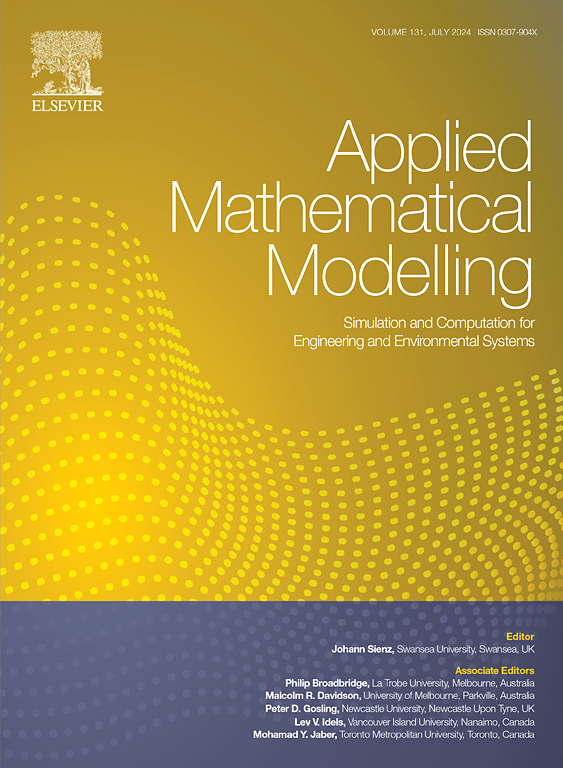Understanding instance hardness for optimisation algorithms: Methodologies, open challenges and post-quantum implications
IF 4.4
2区 工程技术
Q1 ENGINEERING, MULTIDISCIPLINARY
引用次数: 0
Abstract
This paper reviews efforts to characterise the hardness of optimisation problem instances, and to develop improved methodologies for empirical testing of the strengths and weaknesses of algorithms, based on comprehensive and unbiased sets of test instances whose hardness can be understood. Using the Travelling Salesperson Problem (TSP) as an illustrative example throughout the paper, efforts during the 20th century to solve optimisation problems with both exact and heuristic algorithms are briefly reviewed. From the early 21st century however, with a growing number of available algorithms (from nature-inspired to quantum), the focus has naturally shifted to exploring how the characteristics of particular problem instances impact algorithm performance, and whether empirical testing is rigorous, unbiased, conclusive and trustworthy based on the choice of test instances. Instance Space Analysis (ISA) was pioneered by the author as a methodology to visualize explainable strengths and weaknesses of algorithms across the broadest set of test instances, and to scrutinize the diversity and suitability of test instances chosen for empirical testing of algorithms. The ISA methodology is reviewed and illustrated using the TSP to show how insights into instance hardness for particular algorithms can be obtained. The paper then turns attention to quantum algorithms for optimisation, and argues that key lessons learned about testing optimisation algorithms over recent decades are highly relevant to current efforts to explore quantum advantage for optimisation. The implications of these lessons for quantum optimisation, including applications such as machine learning, are summarised. Given the difficulties faced by quantum algorithms for solving the TSP, the idea of designing extremely hard TSP instances as the basis for new post-quantum cryptography protocols is discussed. Finally, ten open research challenges are posed to provide fruitful directions for future research.
求助全文
约1分钟内获得全文
求助全文
来源期刊

Applied Mathematical Modelling
数学-工程:综合
CiteScore
9.80
自引率
8.00%
发文量
508
审稿时长
43 days
期刊介绍:
Applied Mathematical Modelling focuses on research related to the mathematical modelling of engineering and environmental processes, manufacturing, and industrial systems. A significant emerging area of research activity involves multiphysics processes, and contributions in this area are particularly encouraged.
This influential publication covers a wide spectrum of subjects including heat transfer, fluid mechanics, CFD, and transport phenomena; solid mechanics and mechanics of metals; electromagnets and MHD; reliability modelling and system optimization; finite volume, finite element, and boundary element procedures; modelling of inventory, industrial, manufacturing and logistics systems for viable decision making; civil engineering systems and structures; mineral and energy resources; relevant software engineering issues associated with CAD and CAE; and materials and metallurgical engineering.
Applied Mathematical Modelling is primarily interested in papers developing increased insights into real-world problems through novel mathematical modelling, novel applications or a combination of these. Papers employing existing numerical techniques must demonstrate sufficient novelty in the solution of practical problems. Papers on fuzzy logic in decision-making or purely financial mathematics are normally not considered. Research on fractional differential equations, bifurcation, and numerical methods needs to include practical examples. Population dynamics must solve realistic scenarios. Papers in the area of logistics and business modelling should demonstrate meaningful managerial insight. Submissions with no real-world application will not be considered.
 求助内容:
求助内容: 应助结果提醒方式:
应助结果提醒方式:


